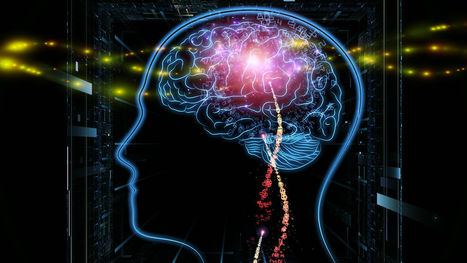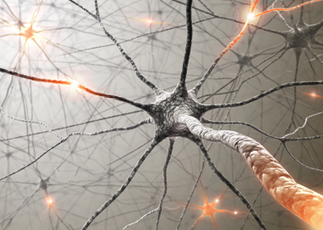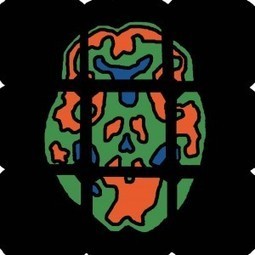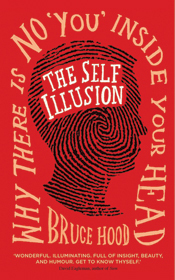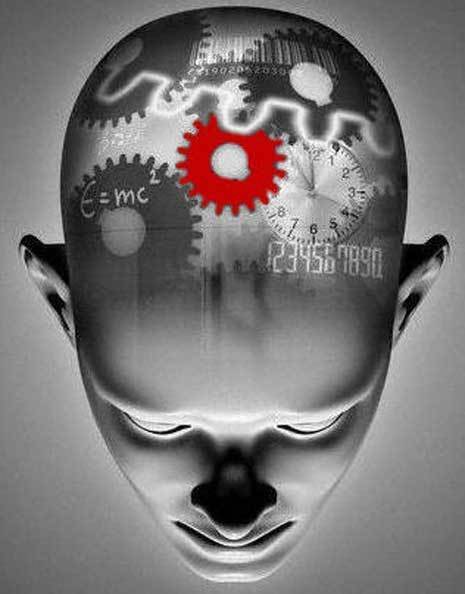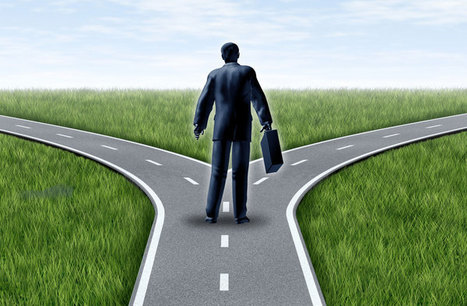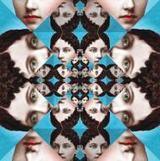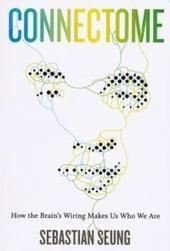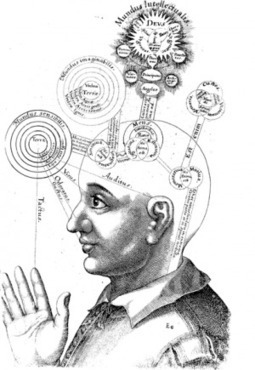Brain, bodily awareness, and the emergence of a conscious self: these entities and their relations are explored by Germanphilosopher and cognitive scientist Metzinger. Extensively working with neuroscientists he has come to the conclusion that, in fact, there is no such thing as a "self" -- that a "self" is simply the content of a model created by our brain - part of a virtual reality we create for ourselves.
Research and publish the best content.
Get Started for FREE
Sign up with Facebook Sign up with X
I don't have a Facebook or a X account
Already have an account: Login

 Your new post is loading... Your new post is loading...
 Your new post is loading... Your new post is loading...
|

Jared Broker's comment,
September 26, 2013 11:27 AM
I like the model of a pervasive field of consciousness where the brain is a tuner - receiver. We have the power to change our "consciousness tool".
|




